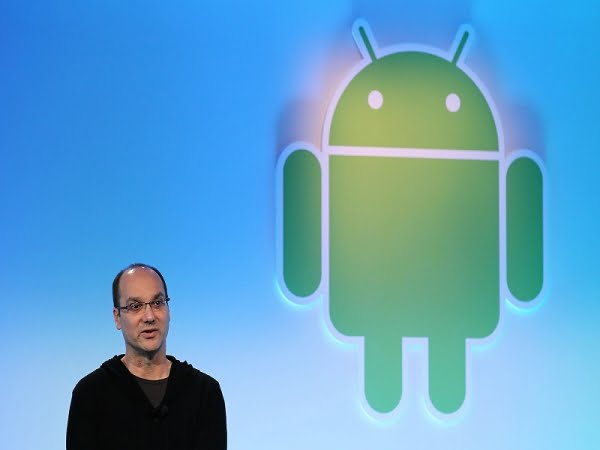
As the battle of the Android versus iOS ecosystems continues, it seems that the latter is inching its way to victory as suggested by the latest report from Consumer Intelligence Research Partners (CIRP).
According to a new study by the CIRP, the latest iPhone 6s – despite not living up to sales expectations – has attracted more and more Android users into switching loyalties.
The CIRP survey reveals that the tally of Android users switching to iOS is “the largest ever recorded” in the past three years (since the measurement was started).
Mike Levin, co-founder of the CIRP and one of its partners, said that the launch of the two iPhones attracted a large number of Android users this year compared to a year ago.
“This says a little more about the very hot iPhone 6 and 6 Plus launch, which motivated more iPhone upgrades than in previous years,” Levin noted. “The share of buyers coming from the Android platform for this launch more resembles the long-term trend in Android and iOS switching”
The report’s assertions validate Apple’s CEO Tim Cook’s claims at the last earnings call that 30 percent of iPhone sales in the quarter were thanks to consumers who were on Android and migrated to iOS.
Per CIRP’s assertions, nearly 26 percent of iPhone 6s buyers left Android in favor of the Apple ecosystem. By comparison, users who transitioned to iOS from alternate ecosystems or got their first device accounted for a small number. In 2014, only 12 percent of Android users gravitated to iPhone 6.
Interestingly, the CIRP survey reveals that the iPhone 6s Plus is more popular among buyers when compared to its smaller sibling, the iPhone 6s. The iPhone 6 Plus in 2014 accounted for 25 percent of sales, whereas in 2015, 37 percent of the sales were of the iPhone 6s Plus.
This trend suggests that over half the people purchasing the latest iPhones are ones who are upgrading from their older Apple handsets. In 2014, 80 percent of iPhone 6 or iPhone 6 Plus buyers comprised those upgrading from an older iPhone.
The CIRP survey, however, studied only 300 Apple customers based in the United States – a very small sample – and, therefore, the findings of the study should be taken with a pinch of salt.
[“source-techtimes”]












